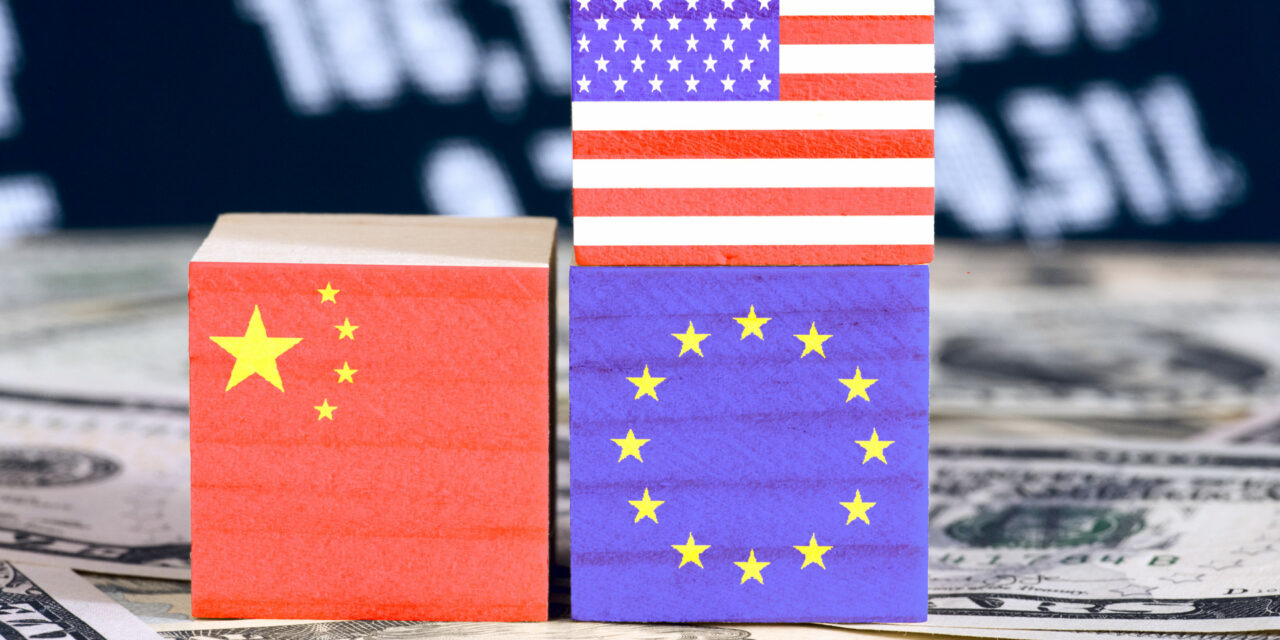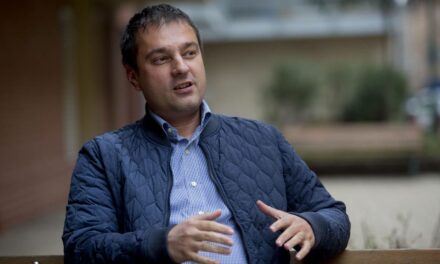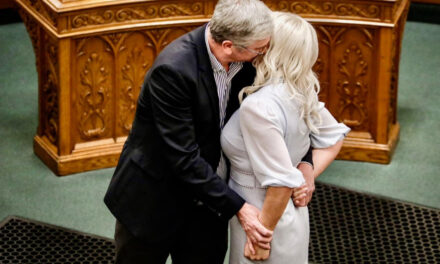Has the Union learned anything? The incoherent energy policy provides an answer to this.
Brussels' energy policy fantasy has been shaped by the Green Agenda for years. Many expected the Europeans to take a more realistic approach to dealing with the energy crisis caused by the Russia-Ukraine war, but those who did should prepare for disappointment. The European Parliament recently voted to ban the sale of gasoline and diesel cars until 2035. The EU is still floating in a kind of energy dream.
Will the green transition to renewable energy sources provide reliable, affordable and abundant energy by 2050? No. Will it reach zero emissions by 2050? No.
But the continent has already faced the most striking consequence of the Green Agenda, seriously endangering its own security.
It is true that the EU Parliament has only qualified "some" gas and nuclear projects as "green investments", but not because it accepts that supplying the world with wind and solar energy is an impossible goal. They struggle to keep the lights on, so they simply renamed the projects to maintain the fiction of an increasingly green road.
Brussels' misguided priorities have already produced an energy shortage in the long term, which has an increasingly devastating effect on the European middle class in particular, exacerbating the social tensions caused by the coronavirus epidemic.
However, Brussels thinks that if its population drives less, it will solve the problem.
The European Union leadership not only mishandled the sanctions policy threatening energy security, but also the problem posed by China. The ban on non-carbon-free vehicles makes the EU even more dependent on Beijing, which controls the market for electric car batteries. And that is unlikely to change as the People's Republic of China rapidly buys up access to African and Latin American lithium reserves. Italian Economic Development Minister Giancarlo Giorgetti rightly noted that the European Parliament's action is a "gift to China". Giorgetti has long been concerned about Beijing's growing influence in Western Europe, and has often vetoed Chinese industrial acquisitions in Italy to protect key national assets. However, the EU leadership does not want to hear his opinion.
Brussels goes against logic: it wants to regulate Putin with sanctions, but it reduces its dependence on Russian energy while increasing it vis-à-vis China; it is at the mercy of an authoritarian regime with close ties to Moscow, and it has not even condemned the Russians' actions in Ukraine. In addition, the Chinese Communist Party is known to want to increase its political influence in several countries of Europe through its trade relations, thereby disrupting transatlantic relations.
Sanctioning Moscow and getting closer to Beijing makes no sense.
However, it is unfortunately not surprising.
On the one hand, it was the short-sighted energy policy that made the EU too vulnerable to Russia, on the other hand, the activities of fanatical activists such as Greta Thunberg did not help the cause, and thirdly
Angela Merkel's serious mistakes brought Germany and the entire Union into this situation.
The obsession with the green turn completely ignored the risks of conflict with Moscow.
Has the Union learned anything?
If Merkel is the standard, the answer is no. Instead of apologizing for the disaster he caused, the former chancellor recently defended his previous policies, as if he did not see clearly that Putin could play the energy card and keep Europe in check with the possibility of withdrawing Russian gas (as if in response to the ever-increasing sanctions packages - ed . .). Energy dependence has weakened Western deterrence against Russia and does not prevent Putin from invading Ukraine.
Now that the EU is banning petrol and diesel cars by 2035, it seems ready to throw itself into China's arms: the Russia-Ukraine lesson has clearly taught the EU leadership nothing.
However, the transatlantic community has to make some difficult decisions. The West needs energy without depending on its enemies. The West will also need oil, gas and nuclear power to prosper and to manage its environment well. But for that to happen, America needs to become a dominant exporter of oil and gas, and Europe needs responsible energy policies that promote innovation and free market opportunities, rather than dreaming up the energy future as a political agenda.
Featured image: Getty Images












